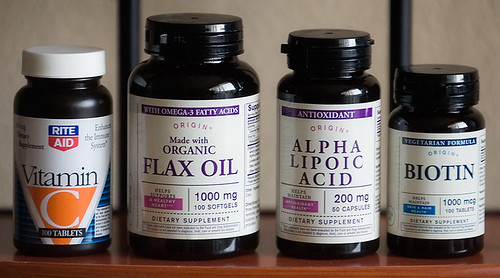Can dietary supplements end up making you less healthy?
.The results from the experiments and survey demonstrated that participants who believed they had taken dietary supplements felt invulnerable to health hazards, thus leading them to engage in health-risk behaviors. Specifically, participants in the perceived supplement use group expressed less desire to engage in exercise and more desire to engage in hedonic activities, preferred a buffet over an organic meal (Experiment 1), and walked less to benefit their health (Experiment 2) than the control group.
I take an inexpensive multivitamin and fish oil daily. From my reading, unless you have specific health issues or athletic performance goals, you don’t need much more than that.
You can also subscribe via RSS, Twitter, or email. Check out the site’s most popular posts of all time.
Related posts:
Does being social improve your immune system?
Can winning an Oscar be bad for your health?
Does youthful success mean you won’t live as long?
What’s the connection between metal music and mental health?
Are more trusting people healthier?
Do new treatments for illnesses make us more careless about our health?
Does medical treatment cause moral hazard?
Does insurance make bad things less likely to happen?
Does Health Insurance Make You Fat?
Do Health Insurers Consider Domestic Abuse a Pre-Existing Condition?
Are uninsured ER patients more likely to die?
Could a single sneeze make you change your mind about health care?





